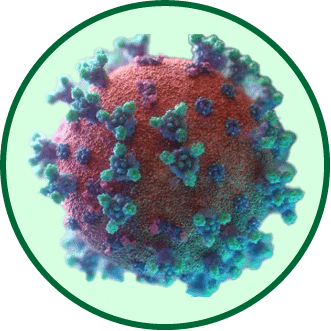Common Sleep Disorders: A Comprehensive Guide to Identification and Management
Introduction:
Sleep, an essential component of our well-being, can sometimes be disrupted by various disorders. Recognizing the symptoms and understanding the management techniques for these disorders can pave the way for improved sleep quality and overall health.
1. Insomnia: More Than Just Sleeplessness
- Definition: Chronic difficulty in falling asleep, staying asleep, or both.
- Causes: Stress, anxiety, medications, caffeine, or underlying health conditions.
- Management: Cognitive-behavioral therapy, sleep hygiene practices, and, if needed, medication.
- Keywords: insomnia, sleep hygiene, cognitive-behavioral therapy.
2. Sleep Apnea: The Breathless Slumber
- Definition: Interruptions in breathing during sleep, often resulting in daytime fatigue.
- Types: Obstructive (blocked airway) and central (brain fails to signal muscles).
- Management: Continuous Positive Airway Pressure (CPAP) devices, lifestyle changes, dental devices, and surgery for severe cases.
- Keywords: sleep apnea, CPAP, obstructive, central.
3. Restless Legs Syndrome (RLS): The Urge to Move
- Definition: A neurological disorder causing an irresistible urge to move the legs.
- Causes: Genetics, pregnancy, iron deficiency, certain medications.
- Management: Lifestyle changes, avoiding triggers, iron supplements, and medications targeting dopamine.
- Keywords: RLS, neurological, dopamine.
4. Narcolepsy: The Sudden Onset of Sleep
- Definition: A neurological disorder leading to uncontrollable sleepiness and sudden sleep attacks.
- Symptoms: Cataplexy (sudden muscle weakness), sleep paralysis, hallucinations during sleep transitions.
- Management: Scheduled naps, medications like modafinil, and avoiding triggers.
- Keywords: narcolepsy, cataplexy, sleep paralysis, modafinil.
5. Circadian Rhythm Sleep Disorders: Out of Sync
- Definition: A disruption in the body's internal clock causing sleep-wake cycle disturbances.
- Types: Delayed Sleep Phase Disorder, Advanced Sleep Phase Disorder, and Shift Work Sleep Disorder.
- Management: Light therapy, melatonin supplements, and maintaining a regular sleep schedule.
- Keywords: circadian rhythm, light therapy, melatonin, sleep phase.
6. Parasomnias: Abnormal Movements, Behaviors, and Emotions
- Types: Sleepwalking, night terrors, and REM sleep behavior disorder.
- Causes: Genetics, stress, other sleep disorders.
- Management: Ensuring a safe sleep environment, stress management, and in some cases, medication.
- Keywords: parasomnias, sleepwalking, night terrors, REM sleep behavior.
7. Sleep-Related Breathing Disorders in Children: Not Just Adult Concerns
- Overview: Conditions like Obstructive Sleep Apnea (OSA) can also affect children.
- Symptoms: Snoring, restless sleep, daytime sleepiness, and behavioral issues.
- Management: Adenoid or tonsil removal, positive airway pressure, and dental devices.
- Keywords: children, OSA, snoring, adenoid.
8. Identification: The Role of Sleep Studies
- Polysomnography: An overnight sleep study monitoring brain waves, oxygen levels, and more.
- Multiple Sleep Latency Test (MSLT): Measures daytime sleepiness.
- Home Sleep Tests: Less comprehensive but more convenient option for diagnosing sleep apnea.
- Keywords: polysomnography, MSLT, sleep study.
Conclusion:
Sleep disorders, with their wide-ranging symptoms and causes, can severely impact daily life. Proper identification and management are paramount to reclaiming restful nights and energized days. Awareness, timely intervention, and tailored therapeutic approaches ensure a path to healthier sleep and improved overall quality of life.
Keywords: sleep disorders, insomnia, sleep apnea, RLS, narcolepsy, circadian rhythm, parasomnias, sleep studies, polysomnography.
